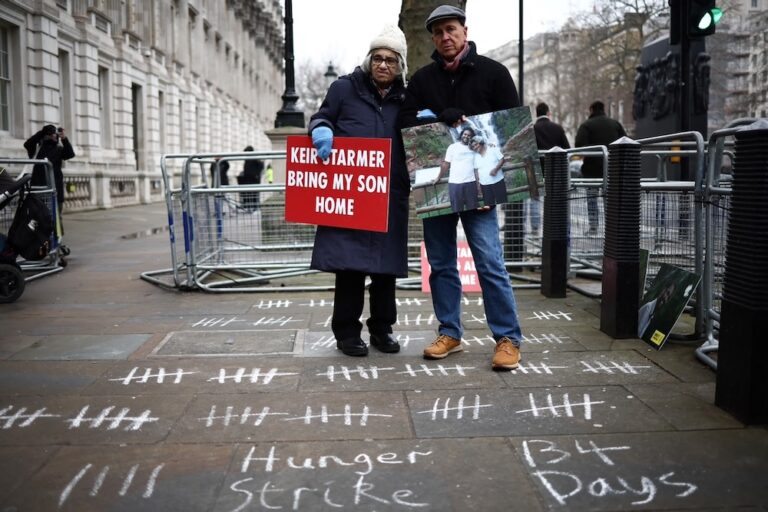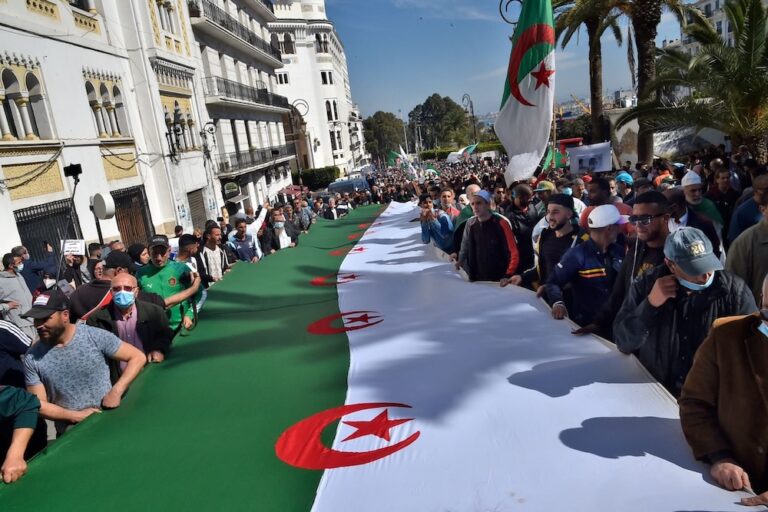This statement was originally published on article19.org on 30 November 2017. Grindr today announced that it has joined forces with global free speech organization, ARTICLE 19, to help protect LGBTQ+ communities in Egypt, Iran and Lebanon who face police harassment, torture and imprisonment. As a result of the collaboration with ARTICLE 19, Grindr will implement […]
This statement was originally published on article19.org on 30 November 2017.
Grindr today announced that it has joined forces with global free speech organization, ARTICLE 19, to help protect LGBTQ+ communities in Egypt, Iran and Lebanon who face police harassment, torture and imprisonment. As a result of the collaboration with ARTICLE 19, Grindr will implement a number of changes to the Grindr app to better protect users in the Middle East, Gulf and North African regions where LGBTQ communities are persecuted.
The changes, which include the ability to change the app’s icon appearance and the addition of a password security lock, were the result of an inquiry conducted by Grindr on how to better protect LGBTQ users internationally. After hearing from a number of sources including, regional users and activists, community leaders, and a variety of digital and human rights organisations, Grindr consulted with ARTICLE 19 to determine that these initial changes could provide the broadest level of impact.
Jack Harrison-Quintana, Director of Grindr for Equality, said:
“Ensuring the safety of our users worldwide is a top priority for Grindr. In addition to changes to our architecture we have been working with regional activists to put out weekly, and at times of heightened scrutiny, daily notifications providing safety tips to avoid police entrapment as well as information about how to contact local LGBTQ resources.”
In countries where there are few or no LGBTQ rights, technology has become an important tool in creating a safe space where people can interact and meet. However, ARTICLE 19 and Grindr for Equality’s research showed that just having a dating app on your device can be enough to get arrested, something that might be result from a physical device inspection. In Egypt in particular, targeted police campaigns against the LGBTQ community led to over 70 people being arrested in between September and November 2017.
Thomas Hughes, Executive Director of ARTICLE 19 said:
“This partnership is helping to keep LGBTQ people safe in countries where their sexuality puts them at risk of arrest, prison and even torture. Ultimately we want governments in these countries to stop their persecution of people based on their sexual identity, but these practical changes can help to reduce the impact of these repressive crackdowns. This is also a partnership that demonstrates how human rights groups and for profit businesses can work together to help mitigate human rights abuses.”



